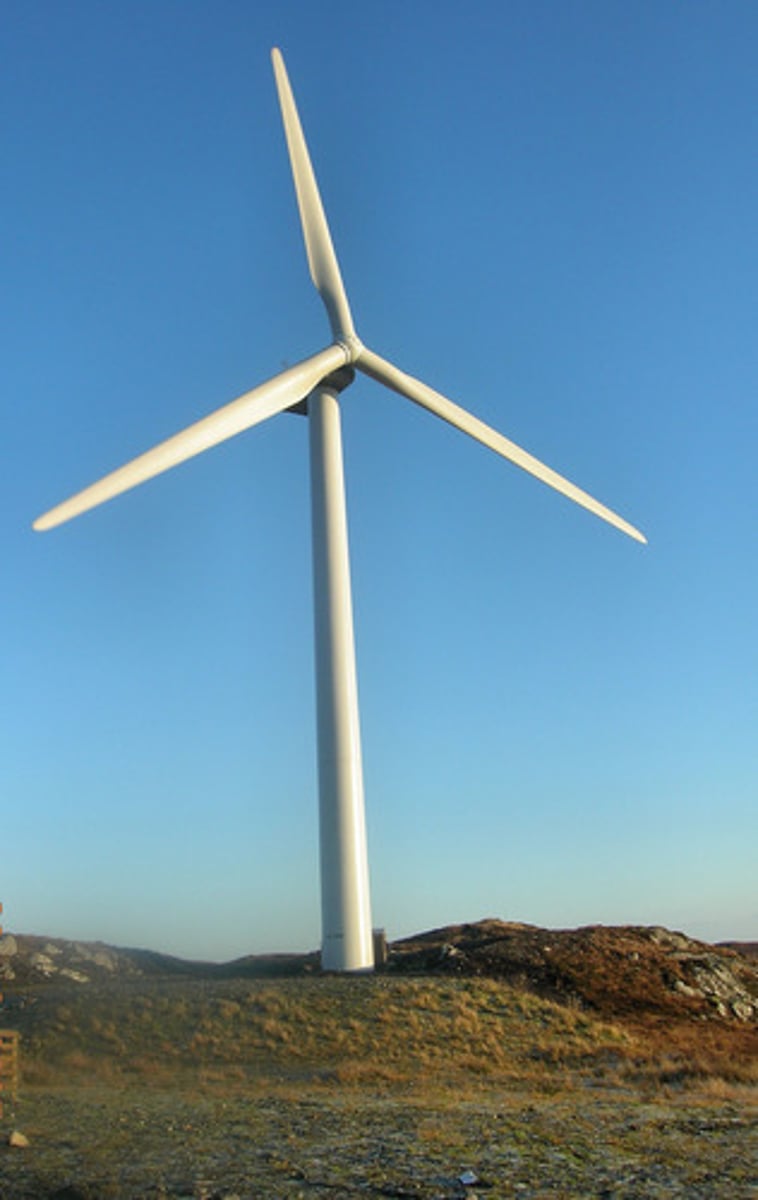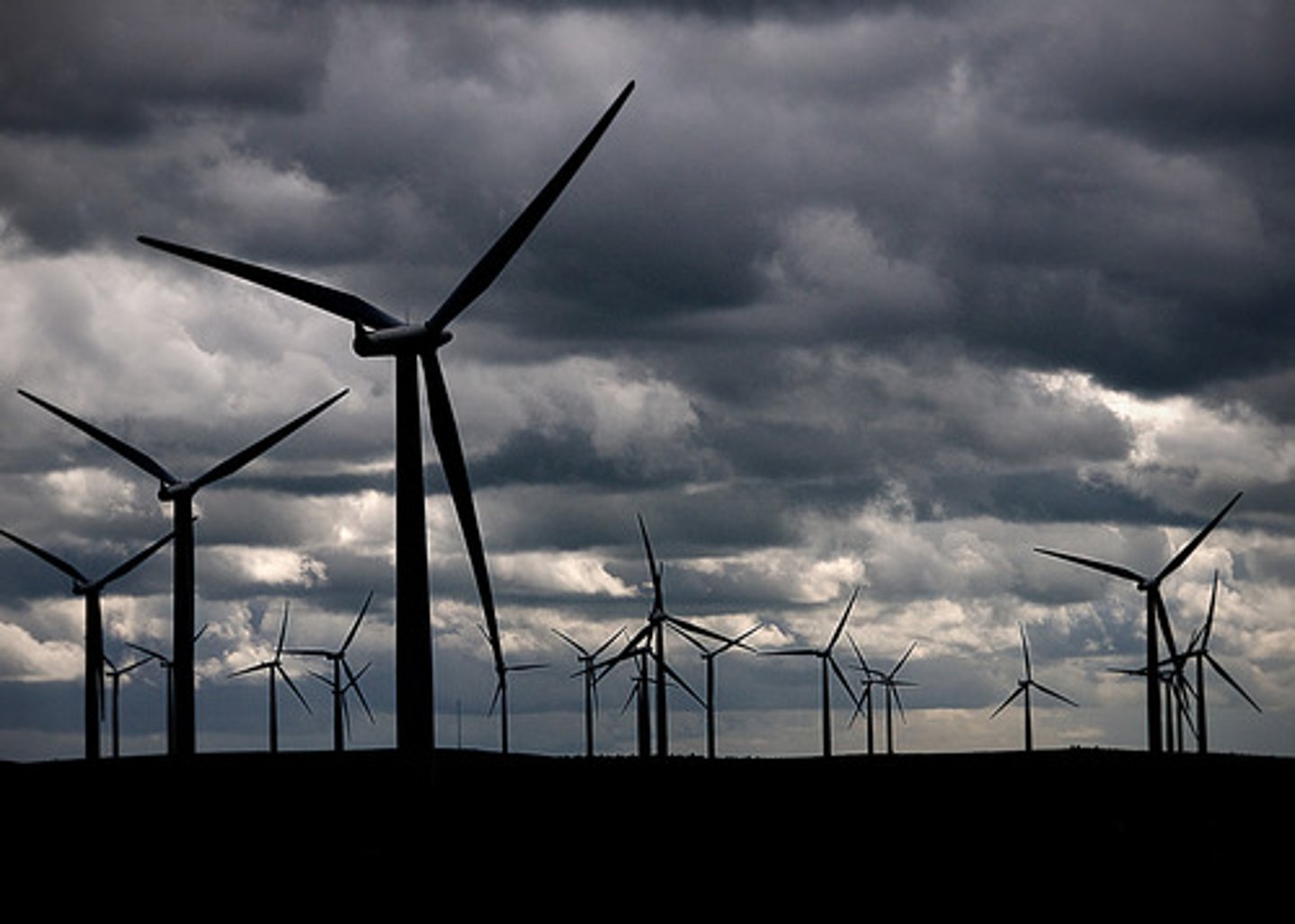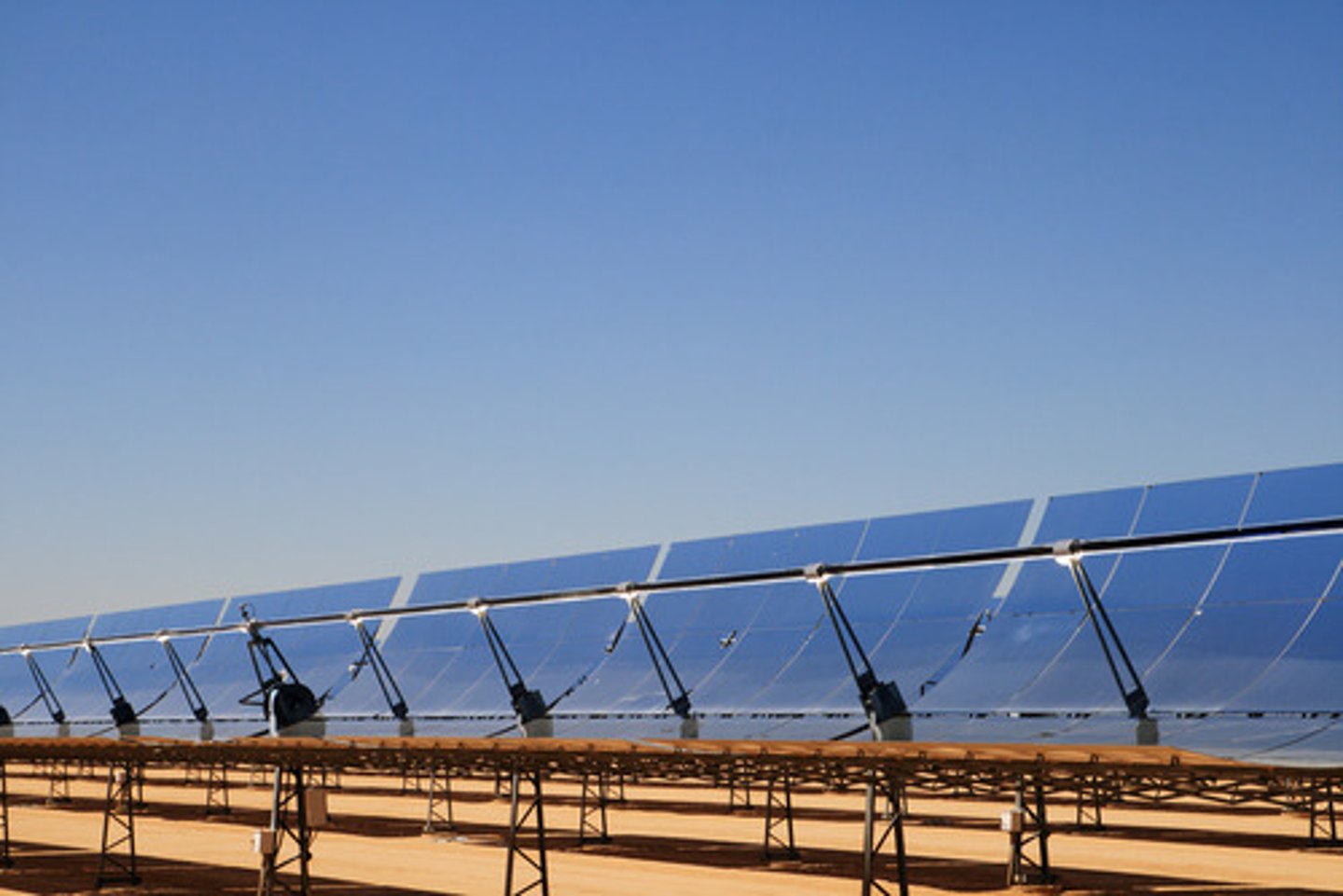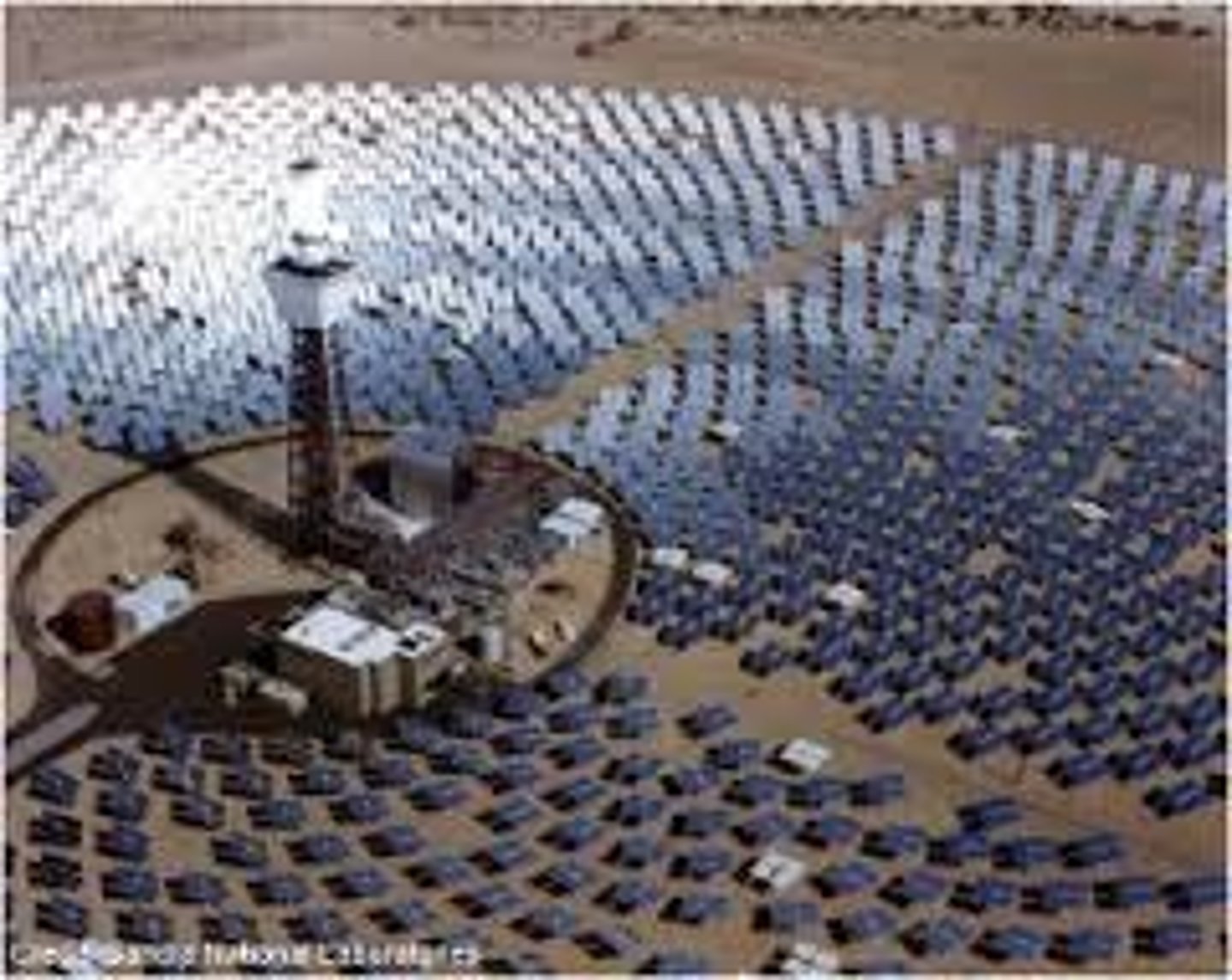OCR B Geography GCSE Resource Reliance
1/67
There's no tags or description
Looks like no tags are added yet.
Name | Mastery | Learn | Test | Matching | Spaced | Call with Kai |
|---|
No study sessions yet.
68 Terms
consumption
the act of using up resources, or purchasing goods and produce
carrying capacity
the maximum number of species or individuals that an area can support given the available resources
spiral of consumption
a process by which population growth and growing per capita consumption increases leading to significant increases in consumption of water, enery, food and natural resources
biodiversity
a measure of the number of different species in an area
fracking
hydraulic fracturing - a controversial practice by which pressurised liquid is pumped into shale rock to fracture it releasing oil and gas for human use.
green energy
the use of renewable resources, such as, sunlight, wind, rain, plants, geothermal heat, tidal and wave energy which are considered environmentally friendly
blue water
fresh water from rivers, lakes and groundwater
green water
water collected from precipitation
grey water
water which is polluted or recycled
fossil fuels
carbon containing fuels such as coal, oil and natural gas which are finite
finite
limited or non-renewable
non-renewable
finite or limited
renewable
a natural resource that can be replaced at the same rate at which the resource is consumed
wind turbine
A tall windmill which generates electricity from wind

wind farm
a collection of wind turbines which can be found onshore or offshore

concentrated solar
curved mirrors are used to concentrate energy onto a pipe which carries a liquid. The liquid is heated to generate steam which is used to create electricity

solar tower
mirrors are used to focus solar energy onto a tower which generates electricity

geothermal
hot water produced from hot or molten underground rocks is used to generate electricity
biomass energy
renewable energy derived from burning organic materials such as wood, peat or alcohol
natural gas
Fossil fuel consisting of methane that occurs naturally underground
hydropower
Electricity generated from the energy of moving water through turbines in dams.
nuclear energy
energy released when atoms are split
oil
A liquid fossil fuel formed from marine organisms that is burned to obtain energy and used in the manufacture of plastics.
coal
a solid fossil fuel derived from dead plants
BRICS
Brazil, Russia, India, China, South Africa - countries which have developed rapidly and increased their resource consumption
mechanisation
the process whereby machinery is introduced to complete work previously done by hand, for example washing machines, tractors, industrial robotics, engines, automated tools
eutrophication
the process by which excessive nutrients (particularly nitrogen and phosphates) build up in water sources usually as a result of leaching and surface runoff. This can lead to algeal blooms and deoxygenation of water, resulting in loss of biodiversity.
calories
a measure of the energy provided by a foodstuff
food security
the ability of a population to access adequate supplies of foodstuffs and quality nutrition to meet dietary needs for an active and healthy lifestyle
food secure
the state of a group of people with good food security
food insecure
the state of a group of people with poor food security
food price volatility
the potential for prices of certain foods to rise dramatically due to changes in supply and demand
world hunger index
an index which uses a range of indicators to produce a score of between 0 (no hunger) and 100 with higher numbers indicating areas with the worst hunger
food poverty
inability to afford, or to have access to food that makes up a healthy diet
Malthus
English demographer who argued that population growth would eventually exceed capacity to produce food resulting in catastrophe
Boserup
Danish demographer who argued that human innovation would enable increases in production as consumption neared levels of production
obesity
caused by consuming too much food, people become overweight due to high body fat
food waste
food which is produced but never consumed, this can be as high as a half of all food produced
soil erosion
the blowing or washing away of topsoil
desertification
the degradation of land often due to overgazing, overcultivation or deforestation
overgrazing
destruction of vegetation caused by too many grazing animals consuming or trampling the plants in a particular area so they cannot recover
overcultivation
crops grown year after year so no nutrients are left in the soil, reducing the ability of the soil to grow future crops
deforestation
the removal of trees faster than the vegetation replenishes itself
sustainable forestry
the selective harvesting of forests at a rate below the rate of natural replenishment
vertical integration
the movement of large multinational companies to buy land or suppliers involved further down their supply chain.
land grabbing
the process by which foreign companies buy land in others to improve their ability to supply food to foreign markets
sustainable intensification
increasing global food supply whilst minimising negative environmental consequences
food bank
somewhere where donated food can be picked up by people who cannot afford it.
allotment
a plot of land on which someone grows their own food
urban garden
a project where individuals or small cooperatives work together to grow food and promote healthy eating
sustainability
meeting the needs of the present without compromising the ability of future generations to meet their own needs.
ethical consumerism
the movement to help consumers make ethical choices about the food they purchase. This may relate to how the food has been produced, or where it has come from.
fairtrade
a movement set up in 1988 offering to pay farmers a higher price for the goods they produce alongside qa social premium.
social premium
a payment to communities to spend on projects which help to improve their quality of life for example, sanitation, education or healthcare
co-operative
a farm, buisiness or other organisation that is owned and run jointly by its members, who share the profits and benefits
monoculture
farming strategy in which large fields are planted with a single crop, year after year
irrigation
supplying land with water through a network of canals
pesticide
a chemical intended to kill insects and other organisms that damage crops
herbicide
a substance used to kill unwanted plants
GM food
food that has been genetically modified to give it useful characteristics e.g. have a longer shelf life or higher yield
yield
amount produced in a given area
high-yielding varieties
varieties of crop specially bred to be disease and drought resistant, often used as cash crops e.g. maize or oilseed rape
green revoultion
an effort to use modern techniques and technology to increase food production in poorer countries in 1960s. Involved HYVs, chemicals and technology.
hydroponics
a system of growing plants in nutrient rich water or gels rather than soil using artificial lighting and heating
organic farming
growing crops without artificial additives or chemicals
intensive farming
high levels of input of machinery, seeds, chemicals and technology to maximise the yield and output from each hectare.
permaculture
a sustainable model for agriculture involving using different crops to maintain soil health and allow permanent and indefinite cultivation of the land
goat cycle
a scheme by which people can gift a goat to a community in the developing world which will then provide them with milk, manure and other goats. Viewed as a sustainable gift